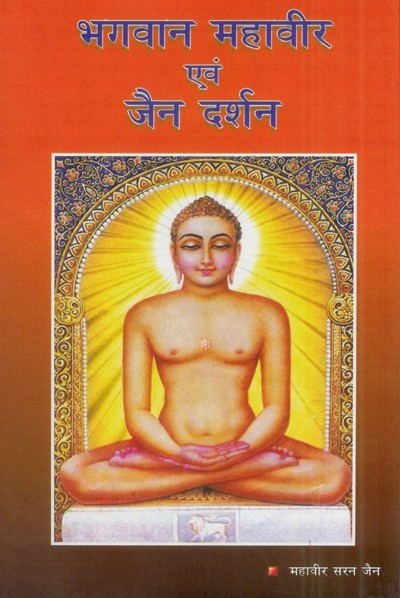Bondage is of four kinds:
“प्रकृति स्थित्यनुभाग प्रदेशास्तद्विधयः”
“Prakṛti sthityanubhāga pradeśāstadvidhayaḥ.”(Acharya Umasvami: Tattvarth Sutra, 8/3)
- Prakṛti-bandha
- Sthiti-bandha
- Anubhāga-bandha
- Pradeśa-bandha
1.9.1 Prakṛti bandha
refers to the nature of karma that has been bonded with the soul. This is the only nature of karma which obscures the original quality of the soul.
1.9.2 Sthiti bandha
refers to the duration of bondage, when it gets activated and is extinguished. In other words, the time and span of the karmic bondage is sthiti bandha.
1.9.3Anubhāga bandha
refers to the potency and strength of karmas. In other words, the bondage of the intensity of the karmic fruition is anubhāga bandha.
1.9.4 Pradeśa bandha
refers to the space-points of karmas. The bondage of karmic matter with the soul space point is pradeśa bandha.
In these bondages prakṛti-baṅdha and pradeśa-bandha are earned through passions. Sthiti-bandha and anubhāga-bandha are earned through yoga. In this way, yoga and passions play main role in bondage of soul with the karmic particles when our activities are unintentional or without any passions, these karmas are called the Dravya Karmas. On the other side, when our activities are intentional or with passions, like anger, ego, greed and deceit these karmas are called the Bhāva Karmas. The passions work as the gluing factors, and that is why the Bhāva karmas stay for a longer time with the soul while Dravya karmas fall off almost immediately and easily from the soul. Because of this, passions are considered as the main cause of bondage. The karmas are literally bound on account of the stickiness of the soul due to existence of various passions or mental dispositions. The passions like anger, ego, deception and greed are called sticky (kaṣāyas) because they act like glue in making karmic particles stick to the soul resulting in bandha. The karmic inflow on account of yoga driven by passions and emotions cause a long term inflow of karma prolonging the cycle of reincarnations. On the other hand, the karmic inflows on account of actions that are not driven by passions and emotions have only a transient, short-lived karmic effect. Hence the ancient Jain texts talk of subduing these negative emotions:
“When he wishes that which is good for him, he should get rid of the four faults - anger, ego, deception and greed - which increase the evil. Anger and pride when not suppressed, and deceit and greed when arising: all these four black passions water the roots of re-birth”.
(Dashavaikalic, 8/36-39)
These types of bandha have been described in detail through 14 mārgaṇās and eight anuyogas viz., sat, saṁkhyā, kṣetra, sparśana, kāla, antara, bhāva, alpa-bahutva from point of view of mūla karma prakṛti and uttara karma prakṛti in sixth khanda ‘Mahābandha’ of Ṣadakhandāgama and in prakṛti-vibhakti, sṭhiti-vibhakti, anubhāga-vibhakti and pradesh-vibhakti of the Kaṣāyapāhuṇa.
 Dr. Mahavir Saran Jain
Dr. Mahavir Saran Jain
